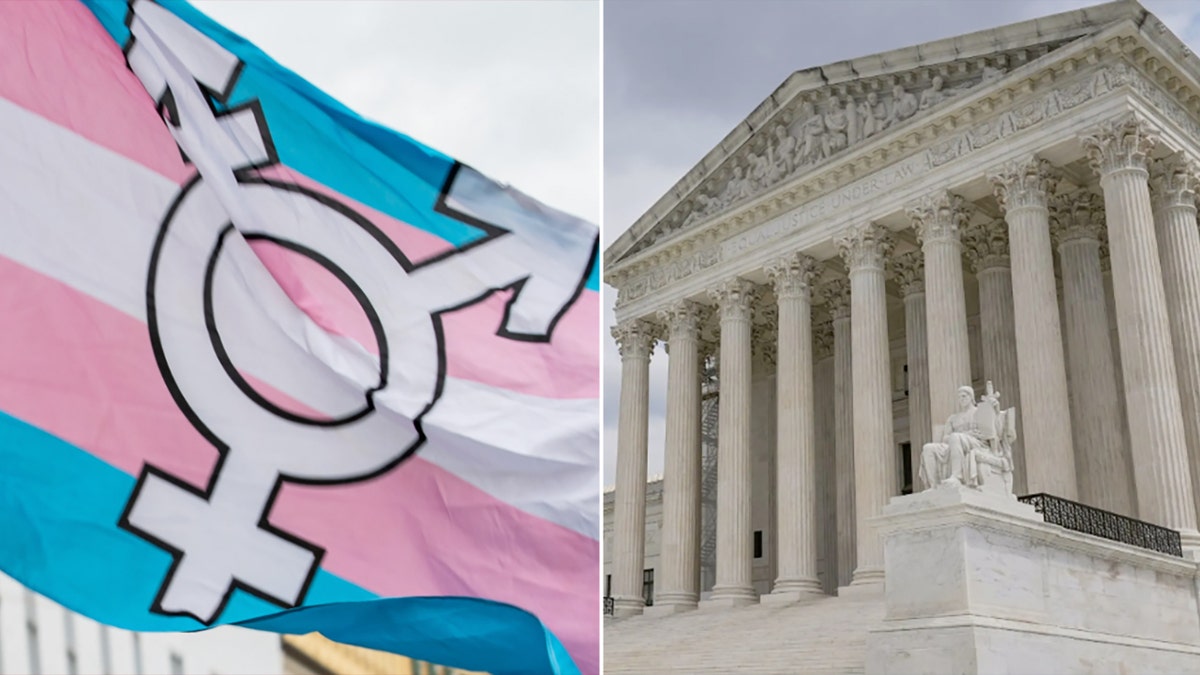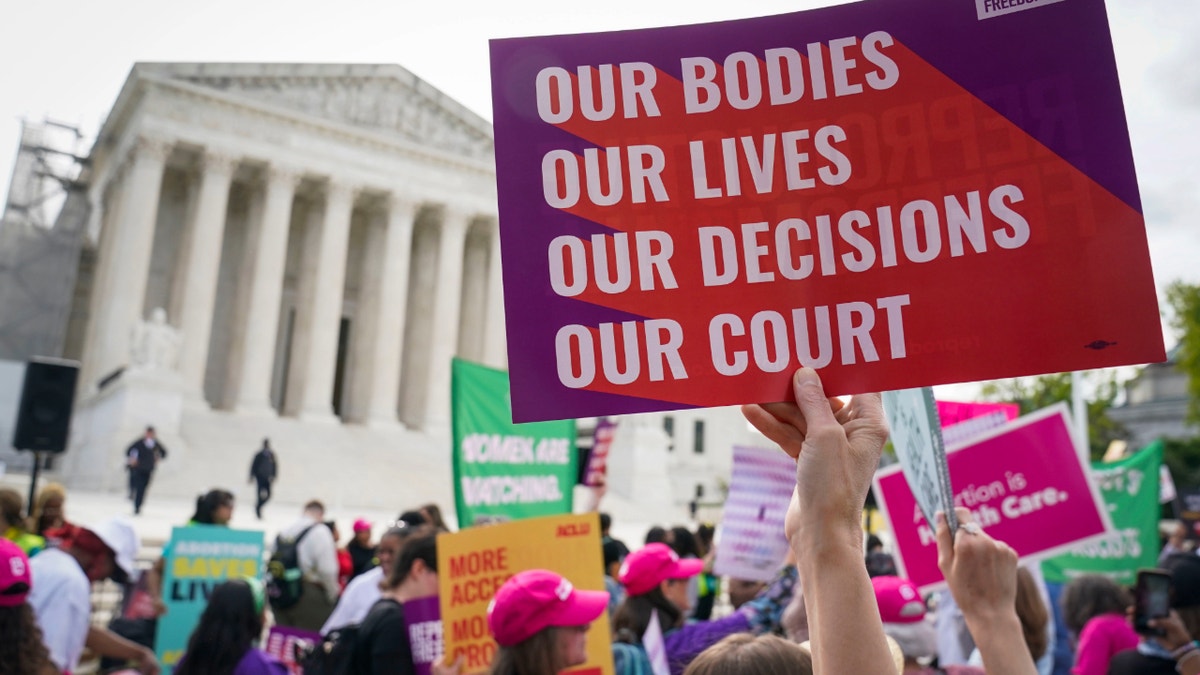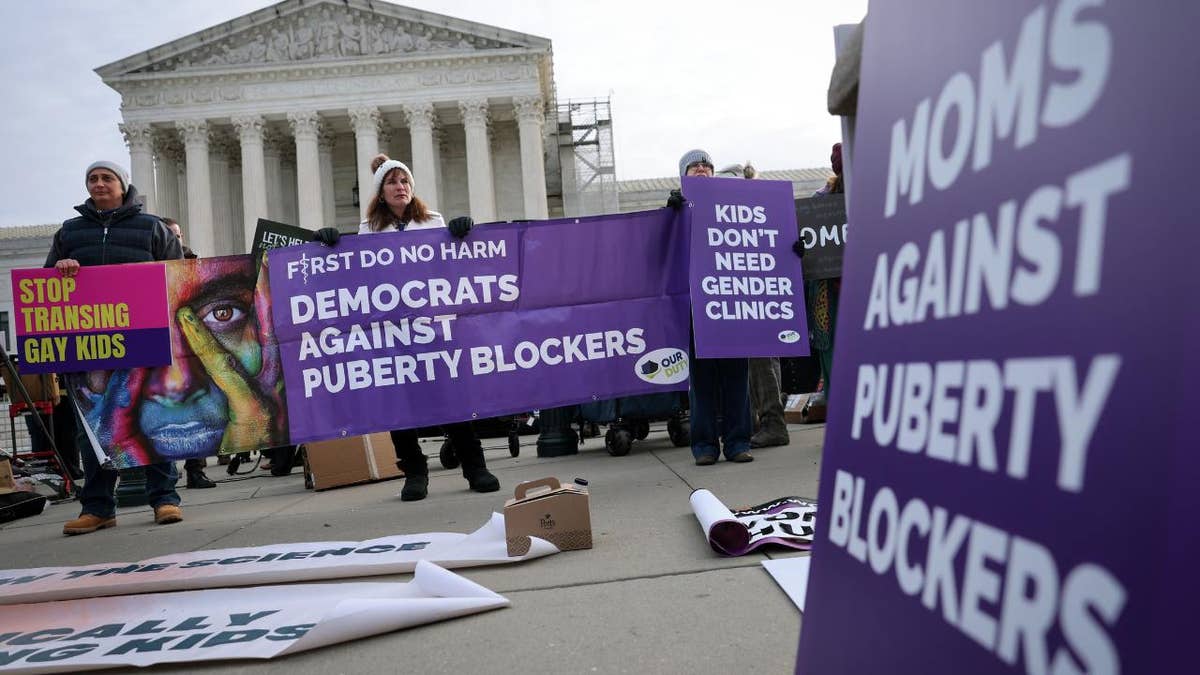The Supreme Court's hearing of arguments in U.S. v. Skrmetti, concerning Tennessee's ban on transgender medical interventions for minors, suggests a potential turning point in the legal landscape surrounding this issue. This landmark case could influence whether other states implement similar bans and the ability of individuals to pursue legal action against healthcare providers.

Mat Staver, chairman of Liberty Counsel, a nonprofit legal organization that supports Tennessee's position, believes there's a growing trend of individuals seeking to sue pharmaceutical companies and doctors involved in these procedures. He sees the case as indicative of a shift in public and legal opinion. Regardless of the Supreme Court's decision, Staver anticipates a surge in lawsuits challenging these interventions.

The Supreme Court's eventual ruling could have far-reaching consequences, impacting other legal battles concerning transgender rights, including bathroom access and participation in sports. It could also establish a precedent for future legal disputes involving the LGBTQ+ community and the question of whether sexual orientation constitutes a protected class under the law, similar to race or national origin.
Staver anticipates the Supreme Court will uphold the state ban, viewing the issue as one of regulating medical practices rather than a matter of constitutional rights. Appellate courts have largely supported state bans on gender-affirming care for minors, and he believes the Supreme Court will likely follow suit.

The Biden administration, which opposes the Tennessee law, argues that it violates the Equal Protection Clause of the 14th Amendment by discriminating against transgender minors. They stress the urgent need for the Supreme Court to address this issue, emphasizing the potential loss of medical care for affected families and the broader impact of similar laws in other states.
Sarah Perry, a senior legal fellow at the Heritage Foundation, anticipates the incoming Trump administration might take a different stance on this issue, potentially impacting the case's trajectory. She notes the Trump campaign's stated intention to restrict these procedures for minors and suggests the Justice Department under a Trump presidency could choose to dismiss the case, raising questions about how the Supreme Court would respond.
This case unfolds amidst a national debate over transgender issues. While major medical organizations endorse gender-affirming care for children, over 26 states have enacted laws restricting or banning such treatments. Tennessee Attorney General Jonathan Skrmetti defends the state's ban as a measure to protect children from unproven and potentially life-altering procedures based on uncertain scientific understanding. A Supreme Court ruling is expected by July 2025.
Comments(0)
Top Comments